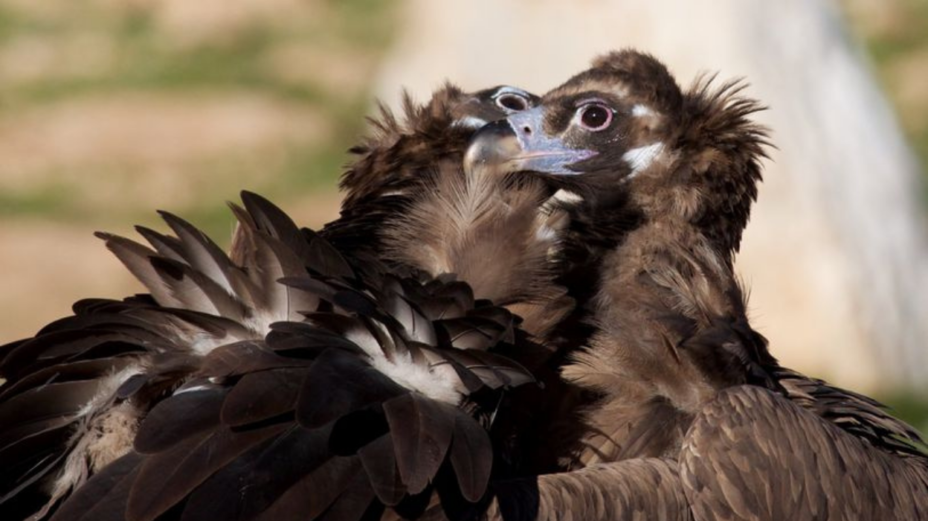More than 20 staff from the different partners of the EU-funded LIFE project GypConnect met recently in two small villages located in the Department of Aude (France), to discuss the implementation of the actions of this LIFE project, and also to exchange on some technical aspects related with Bearded vulture conservation and management, in a discussion led by experts from the VCF.
The LIFE+ project GYPCONNECT, funded by the EU LIFE Fund. and led by the League pour la Protection des Oiseaux (LPO), in partnership with the VCF, Vautours en Baronnies, Centre National d’ Informations Toxicologiques Vétérinaires, Electricité Réseau Distribution France, Parc National des Cévennes, Parc Naturel Régional du Vercors, and the Université Pierre et Marie Curie – Paris 6, started in 2015, and will last for 6 years, and aims to establish a breeding population of bearded vultures in the massif central, as well as in the Pre-Alps, through reintroduction, and promoting dispersal movements between the reintroduced Alps and the wild Pyrenean population.
This project is part of the VCF strategy to restore the species in Europe and promote movements of the species between Iberia and the Alps, thus promoting gene flow, which will also help increasing the genetic diversity of the alpine population, and thus accelerate the end of the Alpine reintroduction.
During 2016 four Bearded vulture nestlings have been released in Baronnies and Grands Causses inside the framework of this Life project
The meeting happened in the Department of Aude, where during this breeding season a wild nestling also hatched in the easternmost Pyrenean nest, therefore the closest to the Massif Central – this chick, named Roc Genèse, has been tagged as part of the LIFE GYPCONNECT project to see if it is capable to cross the valley that separates Grands Causses from the Pre-Pyrenees- what would be the first registered event that a Pyrenean bird travel to the north.
For more information about LIFE GYPCONNECT please see http://gypaetebarbu.fr/life-gypconnect/

